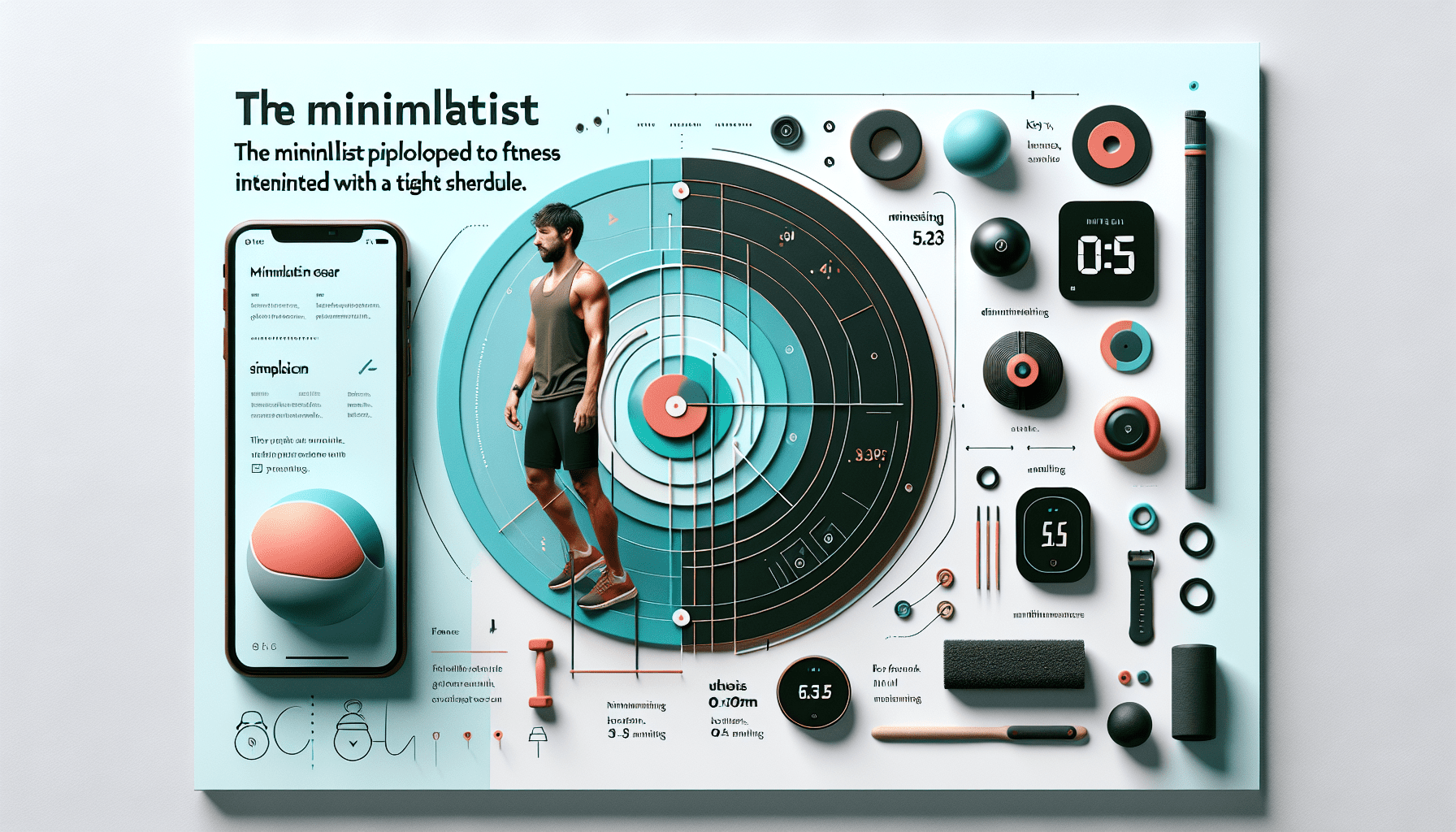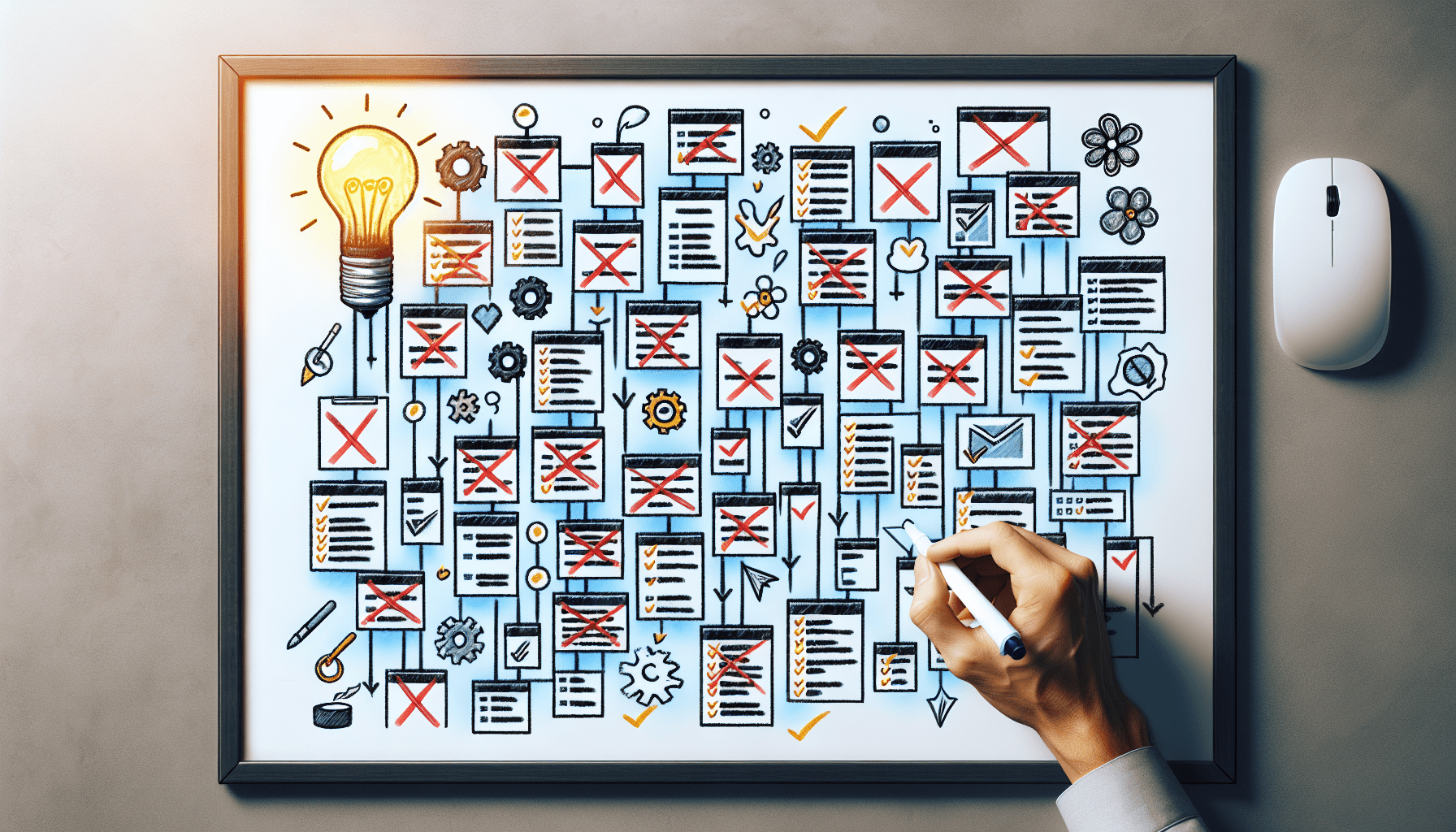
Creating A Self-Care Routine: Essential Practices For Health

In “Creating A Self-Care Routine: Essential Practices For Health,” you will discover the significance of maintaining a healthy work-life balance, engaging in self-care, reducing stress, and the importance of breaks and downtime to sustain long-term productivity without burnout. This article aims to provide you with essential practices that can be incorporated into your daily routine to prioritize your overall well-being and promote a healthier lifestyle. By cultivating self-care habits, you can effectively navigate the challenges of today’s fast-paced world and create a sustainable foundation for your health.
Creating a Self-Care Routine: Essential Practices for Health
Taking care of yourself is crucial for maintaining good physical and mental health. In today’s fast-paced world, it can be easy to neglect self-care and prioritize other responsibilities. However, incorporating self-care practices into your daily routine is essential for overall well-being. With that in mind, here are ten key practices to prioritize in your self-care routine.

1. Prioritize Sleep and Rest
Getting enough sleep and rest is vital for your overall health and functioning. Establishing a regular sleep schedule helps regulate your body’s internal clock, making it easier to fall asleep and wake up at consistent times. Aim for 7-8 hours of sleep each night and try to maintain a consistent sleep schedule even on weekends.
Creating a sleep-friendly environment can also greatly improve the quality of your sleep. Make sure your bedroom is cool, quiet, and dark. Invest in comfortable bedding and a good mattress to optimize your rest. Additionally, practicing relaxation techniques before bed can help calm your mind and prepare your body for sleep. Consider activities such as reading, meditating, or taking a warm bath before settling down for the night.
2. Maintain a Balanced Diet
Eating a well-balanced diet plays a significant role in your physical and mental health. Including a variety of fruits and vegetables ensures you receive essential vitamins and minerals necessary for optimal functioning. Aim to consume a rainbow of colors to ensure you are getting a diverse range of nutrients.
In addition to fruits and vegetables, incorporate lean proteins and whole grains into your diet. These provide the necessary building blocks for your body and help you feel satiated throughout the day. Conversely, limit your intake of processed foods and sugary drinks, as they can negatively impact your energy levels and overall health.

3. Stay Physically Active
Regular physical activity not only improves your physical health but also has numerous mental health benefits. Find activities that you enjoy, whether it’s going for a run, taking a dance class, or practicing yoga. Engaging in regular exercise helps boost your mood, reduce stress, and improve overall cognitive function.
It’s important to incorporate movement throughout the day, even if you don’t have time for a full workout. Take short breaks to stretch or go for a walk. Consider taking the stairs instead of the elevator or parking your car farther away from your destination. Small changes can add up and help you stay active throughout the day.
4. Practice Mindfulness and Meditation
Incorporating mindfulness and meditation into your self-care routine can have a profound impact on your overall well-being. Carve out time each day to practice mindfulness, which involves bringing your attention to the present moment without judgment. Mindfulness can be practiced through meditation, but it can also be integrated into everyday activities such as eating, walking, or even showering.
Deep breathing exercises are another effective technique for relaxation and stress reduction. Taking slow, deep breaths can activate your body’s relaxation response and help you feel calmer. If you’re new to meditation, consider using guided meditation apps or videos to help you get started.

5. Engage in Relaxation Techniques
In addition to mindfulness and meditation, incorporating other relaxation techniques into your self-care routine can further promote relaxation and reduce stress. Progressive muscle relaxation involves tensing and then releasing each muscle group in your body, promoting a sense of physical and mental relaxation.
Yoga is another excellent practice for deep relaxation. It combines movement, breath control, and meditation, helping to calm the mind and release tension from the body. Consider attending a yoga class or following an online tutorial to incorporate this relaxing practice into your routine.
Listening to calming music or nature sounds can also aid in relaxation. Whether it’s classical music, gentle instrumental tunes, or the sounds of waves crashing, find what works best for you and create a calming playlist to listen to when you need to unwind.
6. Set Boundaries and Learn to Say No
Setting boundaries is crucial for maintaining your well-being and preventing burnout. Recognize your limits and prioritize self-care by establishing clear boundaries in your personal and professional life. Communicate assertively when setting boundaries, expressing your needs and limitations clearly. Remember, it is okay to say no without feeling guilty.
Learning to say no can be challenging, especially if you are used to putting others’ needs before your own. However, saying no when necessary allows you to prioritize your own well-being and avoid overextending yourself. Practice self-compassion and remind yourself that you deserve to take care of yourself just as much as you take care of others.
7. Cultivate a Healthy Work-Life Balance
Maintaining a healthy work-life balance is crucial for overall well-being. Establish clear boundaries between your work and personal life, ensuring that work does not encroach on your personal time. Take regular breaks throughout the day to rest and recharge, and schedule downtime outside of work hours to engage in activities you enjoy.
Avoid overworking and burnout by managing your time effectively. Prioritize tasks and delegate when necessary. Remember, taking care of yourself is not selfish; it is necessary for long-term productivity and well-being.
8. Connect with Others
Nurturing meaningful relationships is an essential aspect of self-care. Make it a priority to spend time with loved ones and schedule social activities regularly. Meaningful connections provide support, encouragement, and a sense of belonging, all of which contribute to your overall well-being.
If you’re feeling isolated, seek support from loved ones or consider joining social groups or clubs where you can meet new people and forge friendships. Additionally, take advantage of technology to connect with friends and family who may be far away. Schedule video calls or send messages to stay connected and maintain those important relationships.
9. Incorporate Relaxing Activities into Your Routine
Incorporating relaxing activities into your routine is an effective way to reduce stress and promote self-care. Taking warm baths or showers can help relax your muscles and provide a calming experience. Consider adding some essential oils or bath salts to enhance the relaxation.
Spending time in nature is another fantastic way to unwind and reconnect with yourself. Whether it’s a simple walk in the park or a weekend hike, immersing yourself in natural surroundings can have a profoundly calming effect on both your body and mind.
Engaging in creative hobbies is yet another way to relax and express yourself. Whether it’s painting, writing, playing a musical instrument, or knitting, find activities that bring you joy and allow you to tap into your creativity.
10. Practice Self-Compassion and Positive Self-Talk
Being kind and forgiving towards yourself is a crucial practice in self-care. Practice self-compassion by treating yourself with the same kindness and understanding you would extend to a friend. Acknowledge that you are human and that you will make mistakes.
Challenge negative self-talk by reframing negative thoughts and replacing them with positive and empowering ones. Focus on your strengths and accomplishments, and celebrate your progress no matter how small. Remember that self-care is not selfish; it is an essential aspect of maintaining your well-being.
In conclusion, creating a self-care routine is essential for overall health and well-being. By prioritizing sleep and rest, maintaining a balanced diet, staying physically active, practicing mindfulness and relaxation techniques, setting boundaries, cultivating a healthy work-life balance, connecting with others, incorporating relaxing activities, and practicing self-compassion and positive self-talk, you can enhance your overall quality of life and promote a healthier, happier you. So take the time to care for yourself – you deserve it!






















